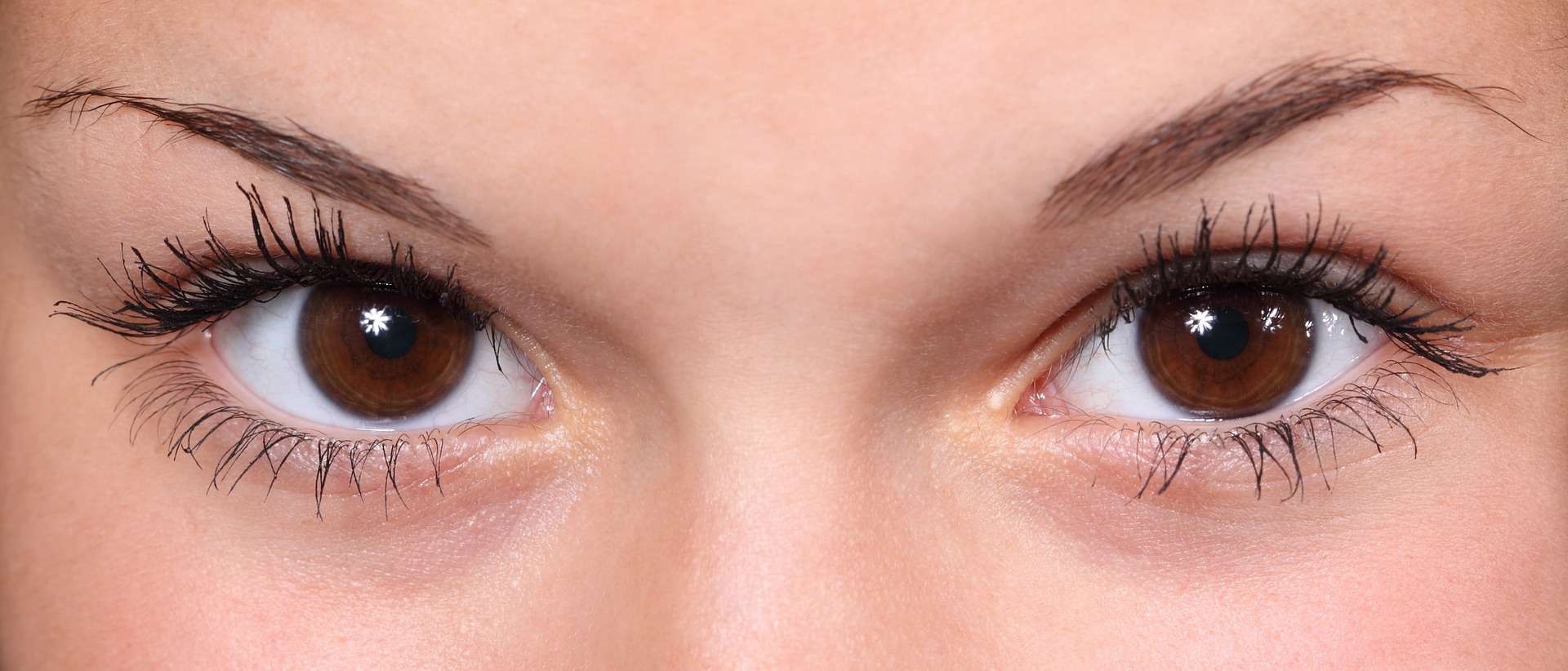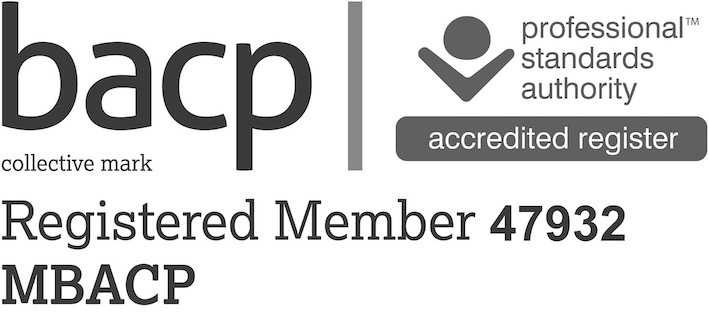EMDR
Eye Movement Desensitisation
& Reprocessing (EMDR)
EMDR (Eye Movement Desensitisation and Reprocessing) aims to reduce the distressing memories following a traumatic event. EMDR was originally developed to treat adults with PTSD (post-traumatic stress disorder). The National Institute for Clinical Evidence (NICE) recommends EMDR for PTSD. However, it is also used to treat other conditions which are thought to arise out a significant past event. EMDR is known to successfully treat:
- PTSD
- depression
- performance anxiety
- phobias and fears
- anxiety
- low self-esteem
Sometimes, a distressing or traumatic memory can surface itself in the mind as if the original event is happening all over again. A person can re-experience images, sensations and thoughts experienced many years previously. And sometimes, no matter how much a person wants to move on with their lives, the event replays itself again and again uninvited and can be overwhelming and intense.
Sometimes these events emerge as flashbacks or nightmares. Sometimes it is more subtle. An everyday happening can recall the trauma and the individual reports that they have behaved disproportionately and seeming uncontrollably to the confusion of themselves and others.
Trauma therapies help individuals process memories and the sights, sounds, smells, thoughts and feelings which are ‘stuck’ in the past and triggered by harmless happenings in the present. While these unpleasant memories cannot be erased, Eye Movement Desensitisation Reprocessing (EMDR) can help the experiences become ‘unstuck’ to store them like ordinary memories which cause less distress.
EMDR works by alternating left-right stimulation of the brain with eye movements, sounds or taps. This simulates what happens naturally during REM sleep (Rapid Eye Movement).



EMDR Frequently Asked Questions
EMDR is both an unusual and highly effective treatment. Below are some common questions clients ask about EMDR. If you would like to explore the treatment, it would be best for us to arrange for an initial session to assess the suitability of the therapy for you.
What will happen in an EMDR therapy session?
 Before EMDR treatment begins, I will talk you through the theory, answering any questions you may have. At this point we may also go through some relaxation exercises (e.g. guided meditations or breathing techniques) for you to draw on during times of stress outside of your sessions. This is known as the second phase of EMDR in preparing you for the treatment.
Before EMDR treatment begins, I will talk you through the theory, answering any questions you may have. At this point we may also go through some relaxation exercises (e.g. guided meditations or breathing techniques) for you to draw on during times of stress outside of your sessions. This is known as the second phase of EMDR in preparing you for the treatment.
At this point, I will begin to lead you through phases three to six. You will now target specific distressing memories with eye movements or other forms of left-right stimulation such as taps or sounds. To start with, you will select an image to represent the event and then to think about positive and negative thoughts, the amount of distress you feel and where you feel it in your body. I will then use bilateral eye movements (or taps or sounds) in a series of ‘sets’ lasting around 25 seconds. After each set, I will ask you to briefly feedback on your experience during the preceding set, before starting the eye movements again. I may also ask you to recall the original memory and ask you how it seems to you now. This will continue until your distress has cleared (or is reduced as much as possible) and you are experiencing more positive thoughts and feelings.
The seventh phase is known as closure and it offers you time to feel calm again using the relaxation exercises you learnt at the beginning of the session. Finally, the eighth phase is called re-evaluation – and this is effectively the first step in your next session.
What if I have eye difficulties and can not make rapid eye movements?
I will help guide the speed on your eye movements by using a ‘light bar’. I will ask you to follow a light on it, which will move back and forth across your visual field. If for whatever reason we decide not to use eye movements, bilateral stimulation can be created through sound or touch. You could wear headphones which generate clicks alternating from left to right. There are also small hand-held vibrating pads which buzz alternately from one hand to another.
Is EMDR similar to hypnosis?
EMDR is not considered a form of hypnosis. You will remain fully conscious and aware at all times during your session and you will have total control over what is happening. If at any point you feel uncomfortable or unable to continue – simply let me know.
How many sessions will I need?
I would advise an absolute minimum of six sessions. However, this would need to be discussed and reviewed throughout your treatment. EMDR is a powerful therapeutic tool and the effects could be active between sessions. It is therefore also important that you are able to commit to at least one session a week.
How do I know if EMDR is the right treatment for me?
Please contact me so that we can discuss this in more detail. You will also need to have a few sessions of traditional psychotherapy to assess your history, suitability for the treatment and also do some groundwork in preparation before starting bilateral stimulation (e.g. eye movements with the light bar). If at any stage I believe that EMDR is not the best treatment for you, I will discuss this with you. Once you start EMDR, we may also at times need to revert back having a few traditional psychotherapy sessions before continuing with the bilateral stimulation again.
OTHER SERVICES

Couples Counselling
Couples’ therapy can help you move through stuck patterns of communication, blocks to intimacy, recovering from infidelity and loss and to find future direction.

Individual Therapy
Individual therapy can help you develop personal insight, understand roots of difficulties, recognise what holds you back and experiment with strategies to move beyond barriers.

Mindfulness (MBCT)
Mindfulness-Based Cognitive Therapy is a treatment of choice recommended by the National Institute for Clinical Excellence (NICE) for recurrent depression.
Get in Touch!
I will get back to you as soon as possible.




